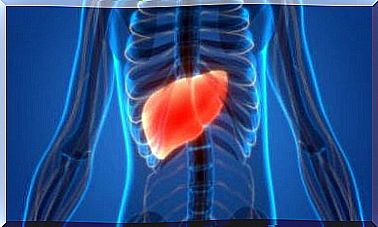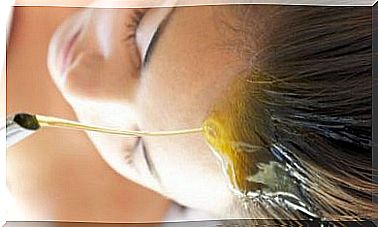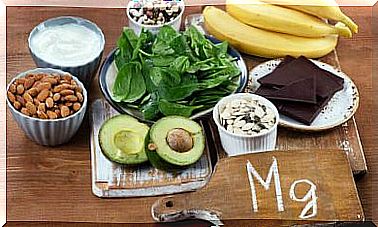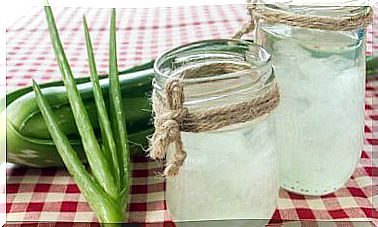What You Need To Know About The Helicobacter Pylori Bacteria
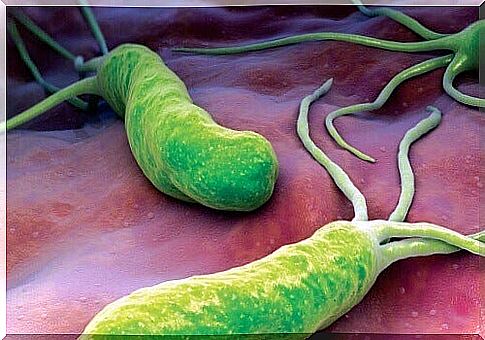
It’s hard to believe that a microorganism so small can do so much damage. However, the Helicobacter Pylori bacterium causes many complaints.
This bacterium was discovered in 1983 and especially attracts attention because the bacterium is so aggressive and can remain in the body for a long time. It probably spreads through physical contact.
Helicobacter Pylori settles in the stomach wall or duodenum and causes a lot of problems there.
People often think that this bacterium mainly occurs in third world countries, where proper hygiene cannot always be taken into account. While it is true that these kinds of infections are more common in these kinds of countries, it is also true that no one is immune to this bacterium.
The infection in anyone can lead to chronic gastritis or dangerous stomach ulcers if not treated in time.
Below we therefore explain how you can treat and prevent these types of infections for your own health and the health of your loved ones.
How does the Helicobacter Pylori bacterium spread?
For the time being , doctors and scientists do not know what causes this bacterium to spread from one body to another . However, due to the contagious nature of this bacterium, a number of factors occur regularly:
- This bacterium is usually contracted during childhood. During our childhood we are most susceptible to bacteria and infections.
- Doctors indicate that almost 60% of the world’s population has already had this pathogen in their body in asymptomatic form. This bacterium can remain in your body for the rest of your life without damaging your body.
- Helicobacter Pylori spreads through physical contact and contaminated drinking water and food.
- Some people never experience any symptoms, while others suddenly start experiencing gastritis, ulcers and heartburn from a certain age.
- Another factor to consider is that some studies show that Helicobacter Pylori bacteria may in some cases be linked to certain cancers, such as stomach cancer or lymphoma. This is a very important fact to keep in mind.
Symptoms that indicate the presence of Helicobacter Pylori in your body
As we mentioned above, in most cases this bacteria does not cause any symptoms or signs of discomfort at all. However, if you want to be sure whether or not this organism is present in your body, you should consult your doctor so that they can perform the appropriate tests.
In these types of examinations, the patient usually has to ingest a certain liquid containing non-radioactive isotope, after which the patient’s breath is analyzed. If the bacterium is present in the body, it will ensure that the urea is converted into carbon dioxide and ammonia.
The carbon dioxide enters the bloodstream and is expelled from the body through the lungs, allowing it to be detected through the breath. If you already suffer from digestive problems, your doctor may also suggest an endoscopy to examine your stomach lining.
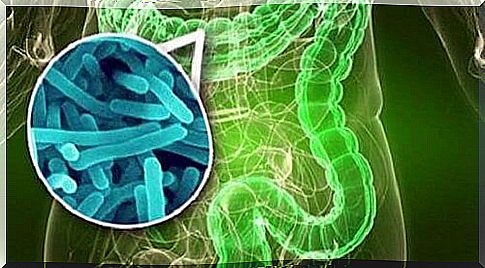
However, if this bacteria is present in your body, there is a good chance that certain problems will start to arise from your 40s, making it easier to determine whether Helicobacter Pylori is the culprit. These include:
- stomach ache
- intestinal gas
- abdominal distention
- feeling full even after eating very little
- bad breath
- nausea and vomiting
- fatigue
- dark stools
- anemia (due to the damage that stomach ulcers do to the stomach lining)
Ways to Fight Helicobacter Pylori
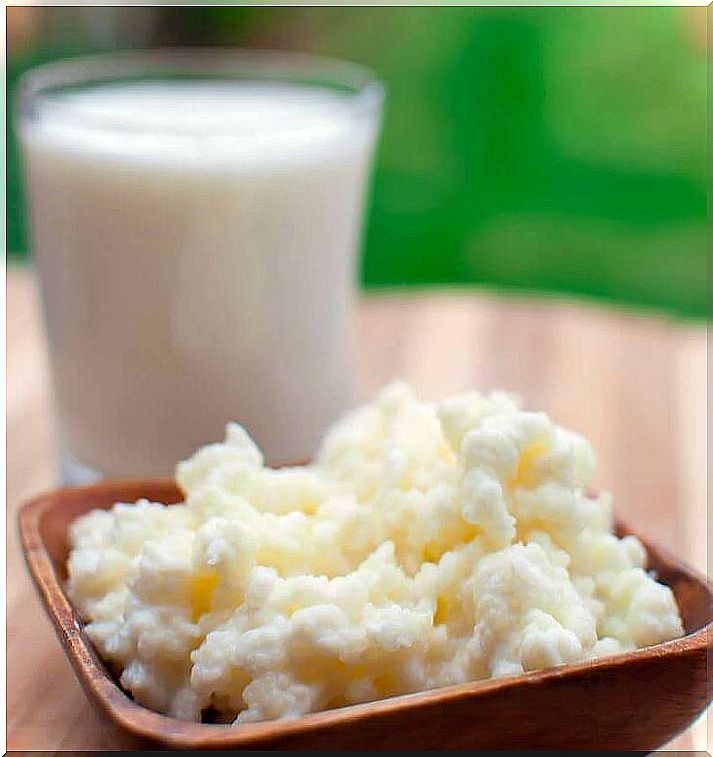
1. Are antibiotics suitable?
It is up to your doctor to determine whether taking antibiotics is an appropriate form of treatment in your case. However, it seems that people infected with H. Pylori have become resistant to antibiotics in recent years.
Therefore, always rely on the opinion of your doctor and see for yourself how the problem progresses.
2. Foods That Have Antibiotic Properties
To combat these types of bacteria, it is important to consume foods that have antibiotic properties, such as:
- garlic
- onions
- echinacea
- ginger
- thyme
- rosemary
- coin
- honey
Probiotics
It is essential for your daily health to consume probiotics regularly. While probiotics won’t help destroy the Helicobacter Pylori bacteria, lactobacillus and bifidus can help limit the infection while improving your overall well-being.
Foods like kefir and plain yogurt can therefore help prevent indigestion, nausea and headaches.
Verbena Essential Oil
For example, dissolve a tablespoon of verbena oil in a glass of water and drink it in the morning. This oil offers many benefits:
- It improves digestion.
- It’s relaxing.
- It reduces the aggressiveness of the H. Pylori bacteria in your body.
propolis
Propolis is a great antibiotic that strengthens the body ‘s defense system and helps the body naturally kill bacteria. It is great to treat infections and gastritis.
You may find it interesting to know that bees themselves use propolis to protect their nests and swarms from infection.
Before you start taking propolis, consult your doctor. Remember that it is always wise to start slowly and not to take it for a very long time.
Other Foods That May Help
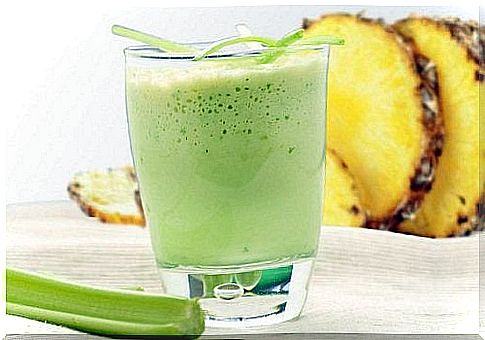
- Broccoli
- Ginger
- Cumin
- cabbage
- Raw, sliced potato
- Celery
- carrots
- Pineapple
If you don’t have stomach ulcers or gastritis, you can also try taking a glass of water mixed with a tablespoon of apple cider vinegar.
